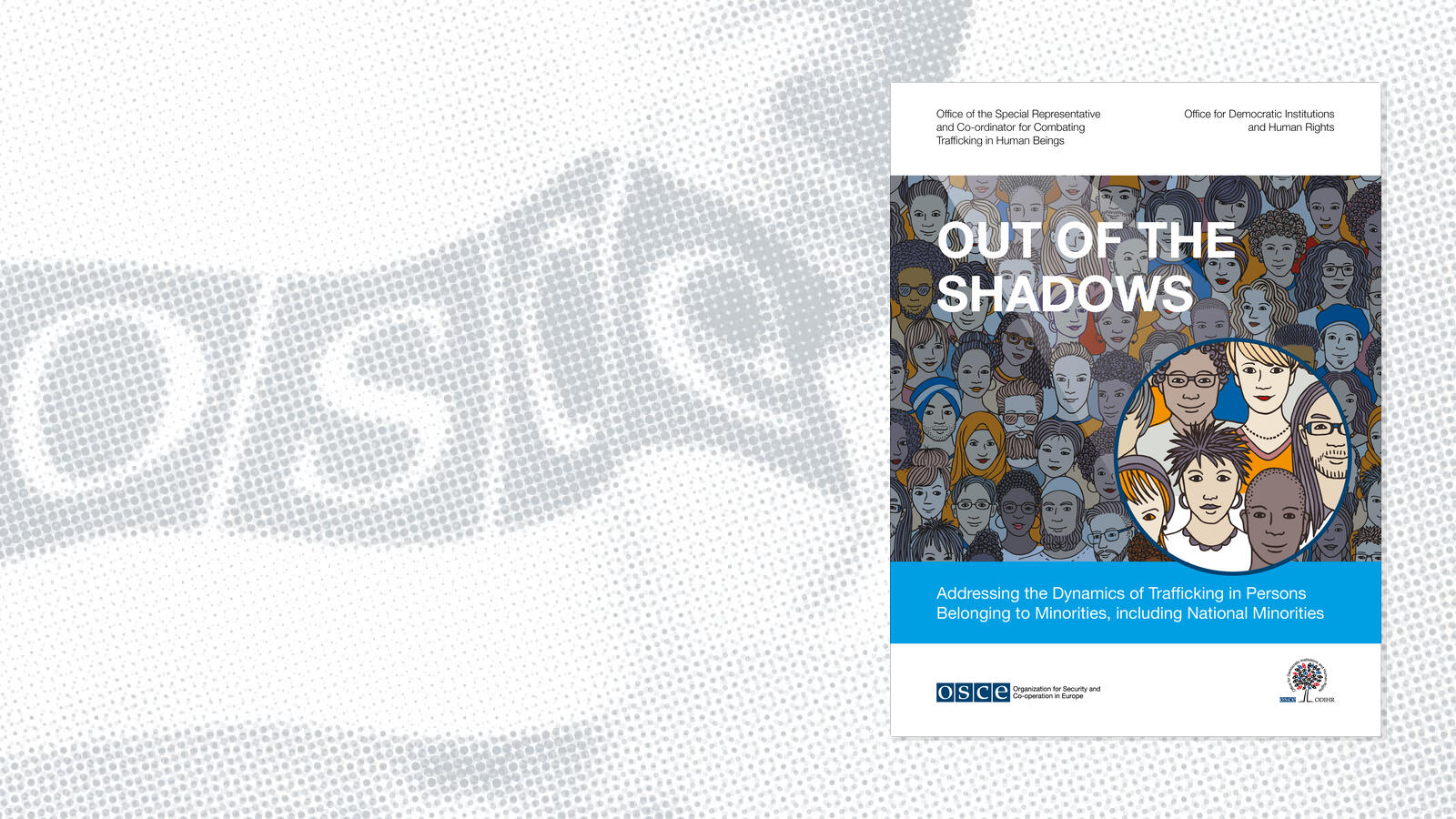From discrimination to protection
Systemic discrimination does not just marginalize communities, it creates pathways for traffickers to exploit them. Minorities face disproportionate risks of human trafficking, but this increased vulnerability is not random. It stems from social exclusion and limited access to protection mechanisms that traffickers deliberately target. The Office’s comprehensive approach recognizes that effective anti-trafficking responses must address the specific vulnerabilities of minority communities while ensuring their meaningful participation in developing solutions.
Through rights-based and victim-centred responses, the Office supports OSCE participating States in developing culturally sensitive identification and assistance mechanisms, promoting inclusive national referral mechanisms and building capacity among stakeholders. By fostering partnerships with minority communities and encouraging evidence-based interventions, the Office works to ensure that anti-trafficking efforts effectively protect and empower minority populations while addressing root causes of exploitation.
